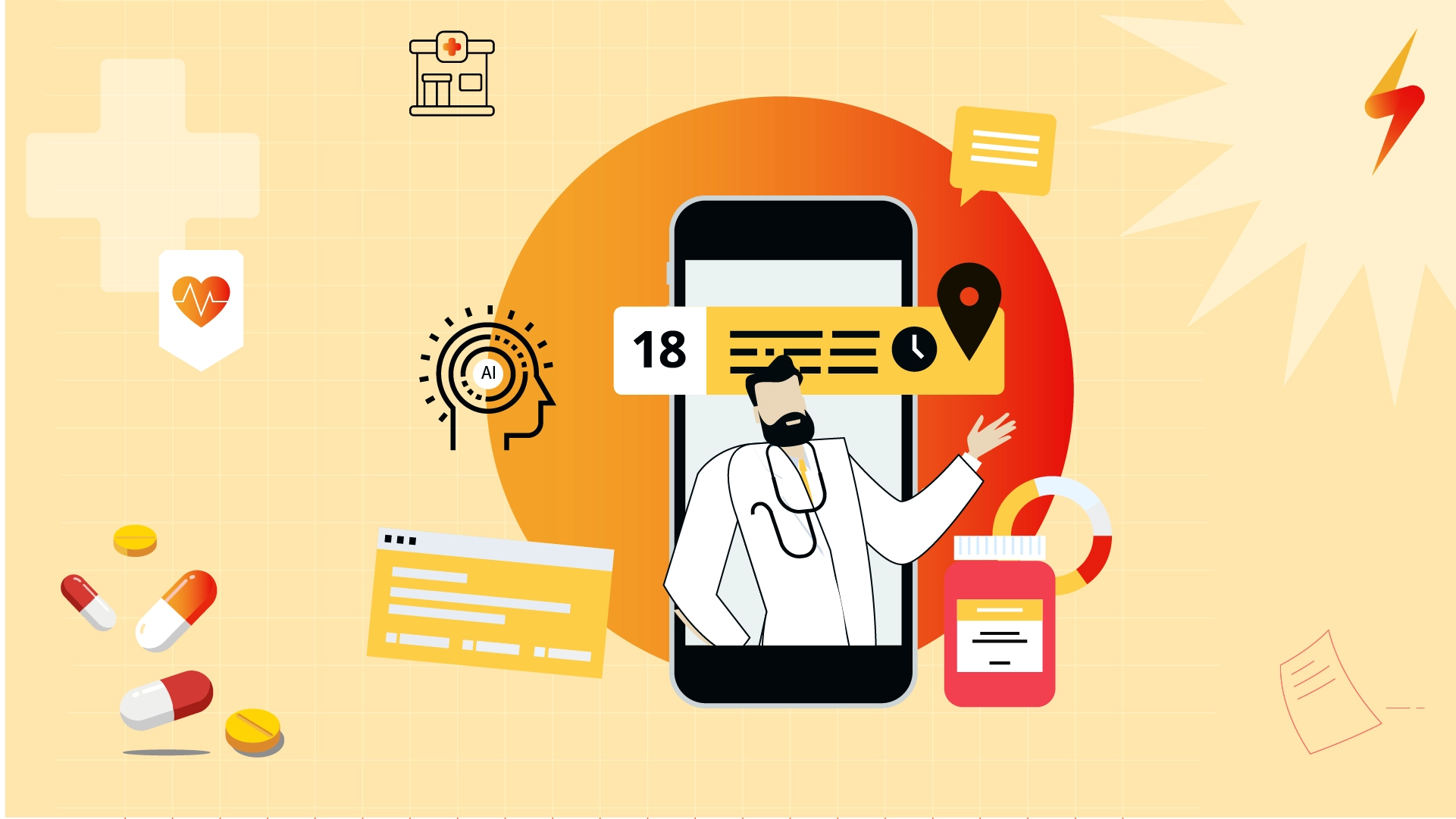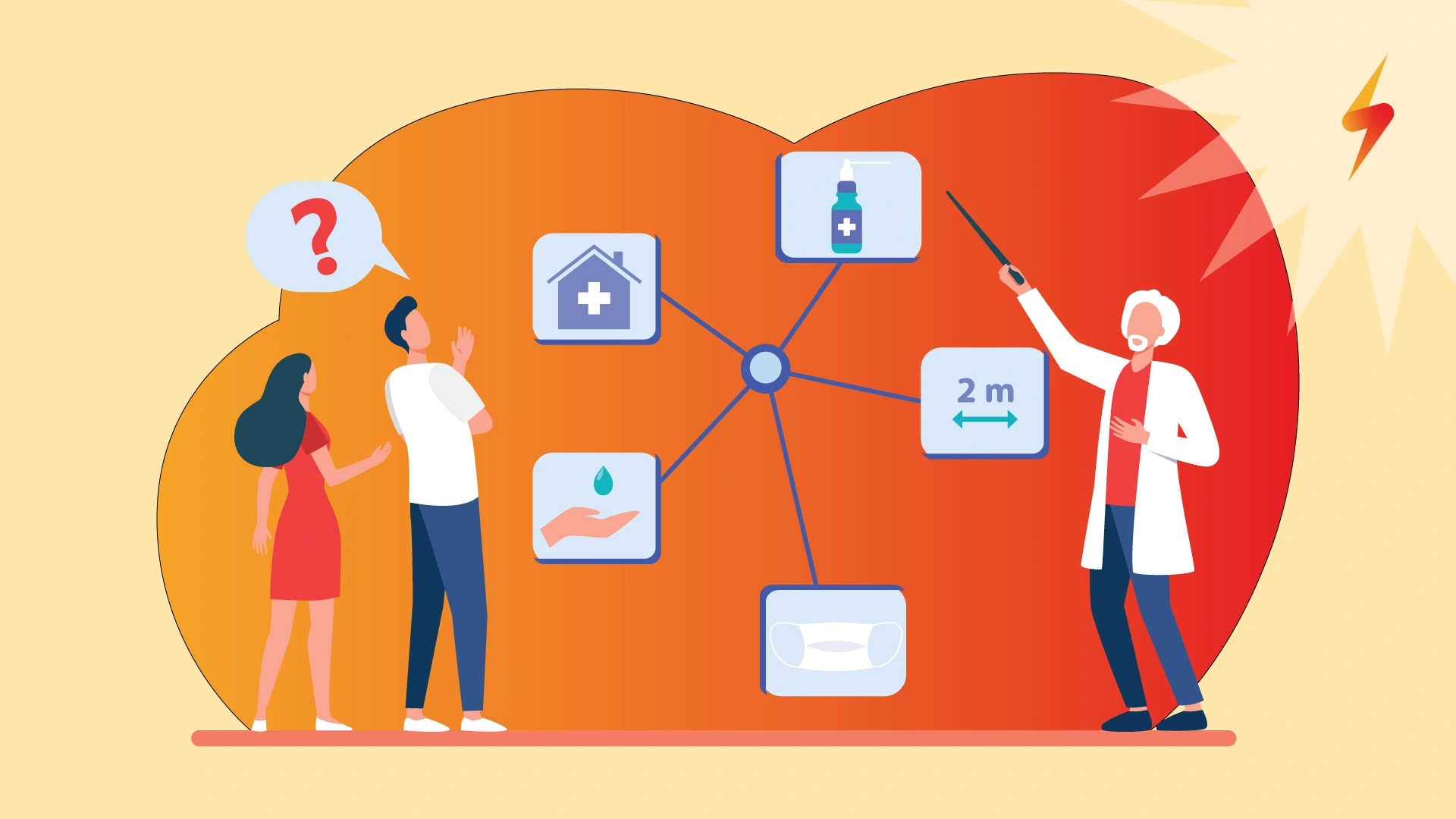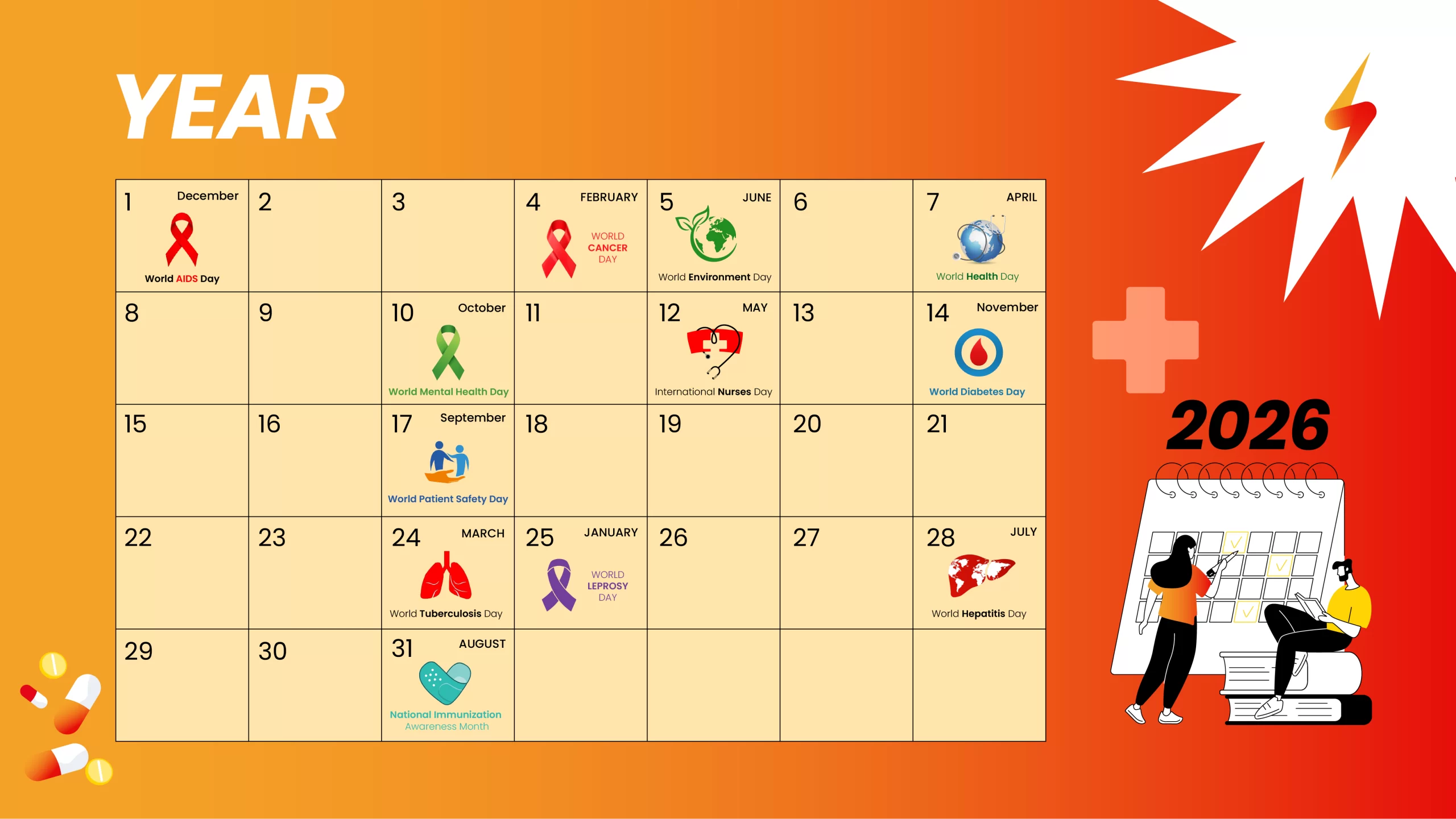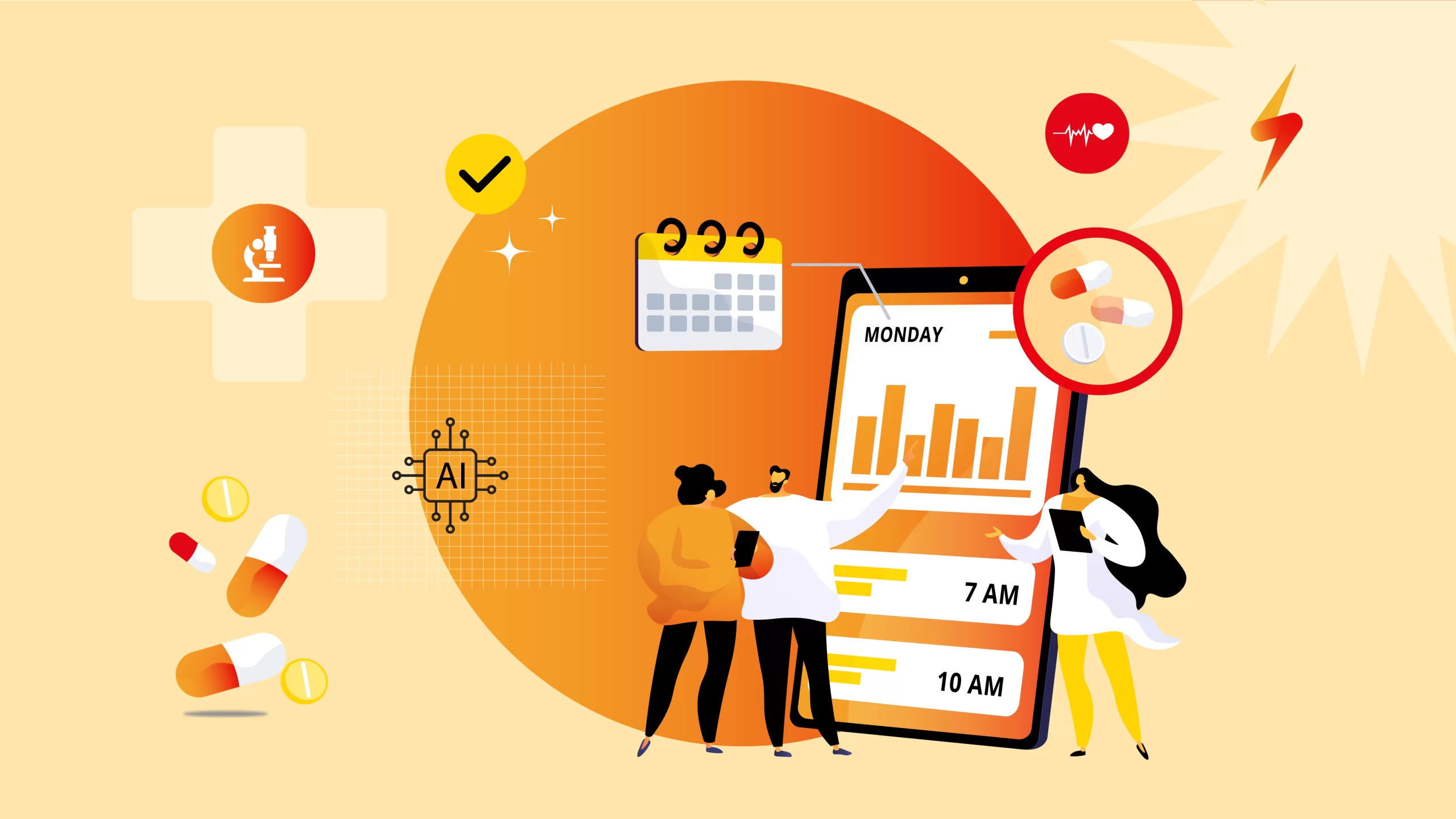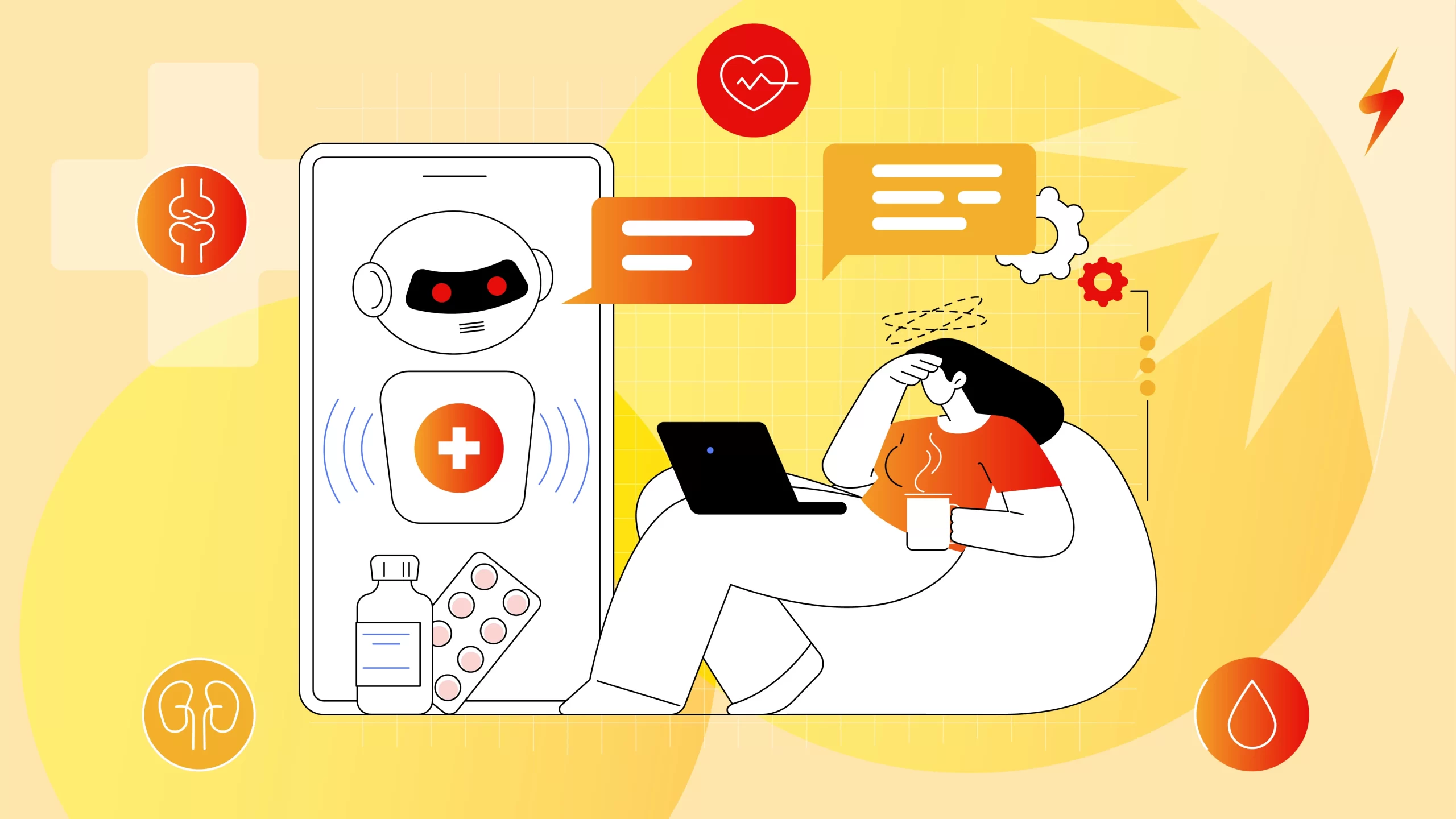Healthcare is entering one of the most transformative eras in its history. The convergence of digital technologies and artificial intelligence (AI) is reshaping how care is delivered, managed, and experienced. From predictive diagnostics to virtual consultations, the integration of digital tools and AI promises to make healthcare more personalized, efficient, and accessible than ever before.
 Digital Transformation in Healthcare
Digital Transformation in Healthcare
The digital revolution in healthcare began with the digitization of medical records, but it has since expanded to encompass telemedicine, wearable devices, mobile health apps, and remote patient monitoring. These innovations are shifting healthcare from being hospital-centered to patient-centered, creating a more connected ecosystem.
Patients today can book appointments, access test results, and consult doctors virtually, all from the convenience of their smartphones. Hospitals and clinics are investing in interoperable systems that allow seamless sharing of medical data across departments and providers. This not only improves efficiency but also minimizes errors and ensures that patients receive consistent, coordinated care. For organizations introducing these changes, a healthcare advertising agency can play a vital role in communicating their benefits effectively to patients and stakeholders.
AI as the Next Frontier
While digital technologies provide the infrastructure, AI acts as the engine driving deeper transformation. AI in healthcare is no longer just a futuristic concept—it is already being applied in areas such as diagnostics, drug discovery, and clinical decision-making.
- Diagnostics and Imaging: AI-powered algorithms are outperforming traditional methods in detecting diseases such as cancer, heart conditions, and neurological disorders. Machine learning models can analyze medical images with remarkable accuracy, enabling early diagnosis and better outcomes.
- Predictive Analytics: By analyzing patient histories and population data, AI can predict the likelihood of diseases, hospital readmissions, or adverse events. This proactive approach shifts the focus from treatment to prevention, saving costs and improving patient health.
- Drug Discovery: Traditionally, drug development takes years of research and billions of dollars. AI is significantly reducing this timeline by analyzing molecular structures and predicting which compounds are most likely to be effective.
- Clinical Decision Support: AI systems provide doctors with evidence-based recommendations, ensuring that treatments are aligned with the latest research and best practices. This enhances the quality of care while reducing variability in outcomes.
 The Rise of Personalized Healthcare
The Rise of Personalized Healthcare
One of the most exciting outcomes of digital and AI integration is the rise of personalized healthcare. No two patients are alike, and treatments that work for one may not work for another. With AI analyzing genetic data, lifestyle factors, and medical history, personalized treatment plans can be developed for each patient.
For example, in oncology, AI can help design treatment regimens based on a patient’s unique genetic profile, improving the effectiveness of therapies while minimizing side effects. Similarly, wearable devices can track vital signs in real-time, enabling doctors to tailor care dynamically. A healthcare advertising agency can help providers showcase these advancements in ways that resonate with patients, highlighting how personalized care creates trust and better outcomes.
Enhancing Accessibility and Patient Engagement
Digital health tools are making care more accessible, particularly in regions where healthcare infrastructure is limited. Telemedicine platforms connect patients in rural or underserved areas with specialists in urban centers, breaking down geographical barriers. Mobile apps offer reminders for medication, exercise, and check-ups, empowering patients to take an active role in their health.
AI-driven chatbots and virtual assistants are also improving engagement by answering basic health questions, scheduling appointments, and providing medication reminders. This not only enhances the patient experience but also reduces the administrative burden on healthcare staff. Collaborating with a healthcare advertising agency ensures these digital tools are effectively communicated to the right audience, driving adoption and engagement.
 Addressing Challenges and Ethical Considerations
Addressing Challenges and Ethical Considerations
While the potential is immense, digital healthcare and AI come with challenges. Data privacy and security are paramount, as sensitive health information must be protected from breaches. Interoperability remains an issue, with different systems often unable to communicate effectively.
There are also ethical questions around the use of AI in clinical decision-making. Who is accountable if an AI system makes an error? How can we ensure that AI models are free from bias and trained on diverse datasets? Addressing these challenges will be critical to building trust among patients and providers.
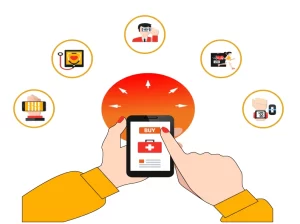 The Future Outlook
The Future Outlook
The future of healthcare will likely be defined by a hybrid model where digital and AI tools complement human expertise. Doctors will not be replaced but empowered, able to spend more time on patient interaction while relying on AI for data-driven insights. Patients will benefit from care that is more predictive, personalized, and preventive.
Healthcare organizations that embrace this transformation early, with the help of digital innovation and AI, will set themselves apart in an increasingly competitive landscape. Partnerships with technology firms, data scientists, and a healthcare advertising agency will be essential to implement these solutions effectively and communicate their value to patients and stakeholders.
Conclusion
Digital and AI innovations are not just reshaping healthcare—they are redefining it. By enhancing diagnostics, personalizing treatments, improving accessibility, and engaging patients more effectively, these technologies promise a healthier future for all. The journey will require overcoming challenges of data privacy, interoperability, and ethics, but the destination is clear: a smarter, more connected, and patient-centric healthcare system.
The next decade will show us that digital and AI are not just tools—they are the catalysts driving healthcare into a new era of innovation, compassion, and trust. With the right strategy and the support of a healthcare advertising agency, providers can transform digital and AI innovation into patient trust, loyalty, and long-term growth.

